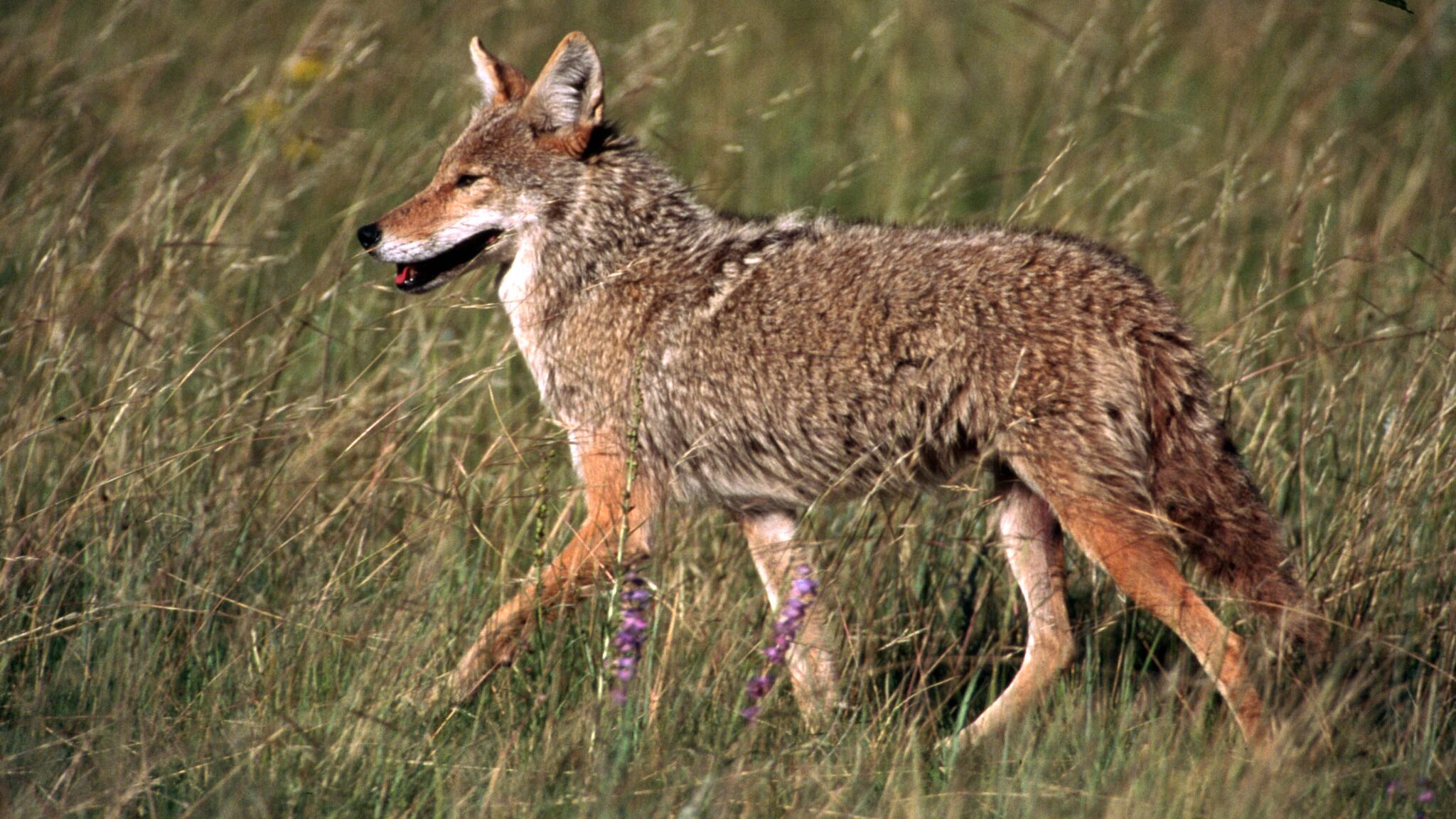As the Oregon Legislature shifts to warp speed to finish its work before the June 25 closing date, many bills are coming unstuck.
One contentious piece of legislation key to oversight of Oregon’s natural resources—House Bill 3806—moved unanimously out of the House Rules Committee on Friday and quickly passed the House floor by a 52-7 vote.
The bill moved after lawmakers adopted an amendment proposed by state Rep. Annessa Hartman (D-Gladstone) that broke a logjam.
Previously, the governor appointed the seven members of the Oregon Fish and Wildlife Commission according to a law that called for one each from Oregon’s then-five congressional districts and one at large from east and west of the Cascades, respectively. But as a result of increased population as recorded by the 2020 census, Oregon got a sixth congressional seat. That meant the existing law had to be changed, and HB 3086, as originally introduced, would have shifted the balance of power on the commission dramatically, from the populous and progressive Willamette Valley to less populous, more conservative rural Oregon.
Related: Lawmakers Want to Give Rural Oregon a Megaphone in Wildlife Disputes
For much of the session, competing interests wrangled. Environmental groups favored allocating seats on the commission based on population, which would mean continuing to appoint them by congressional district (each of which has roughly the same population). Agricultural, logging, hunting and tribal advocates, however, pushed for a different approach, arguing the seats on the commission should reflect where the resources are, giving rural Oregonians a much larger say in the policies that govern fish and wildlife and their habitats. Their proposal: allocate the seats geographically, appointing one each from the state’s five large river drainages and keeping two at large.
Rep. Hartman, who is just the third Indigenous person ever elected to the Oregon Legislature, argued for the latter approach. After weeks of stalemate, Hartman proposed an amendment that split the baby: The two river drainages that cover the Willamette Valley (and include a majority of the state’s population) would each get two seats on the commission, while the three rural drainages covering the rest of the state would get one each.
After passing the House today, the bill has good prospects in the Senate—the Oregon Conservation Network, which includes 42 environmental groups, has shifted from opposing the bill to neutrality—if there’s still time to get the bill through the Senate before midnight on Sunday.

